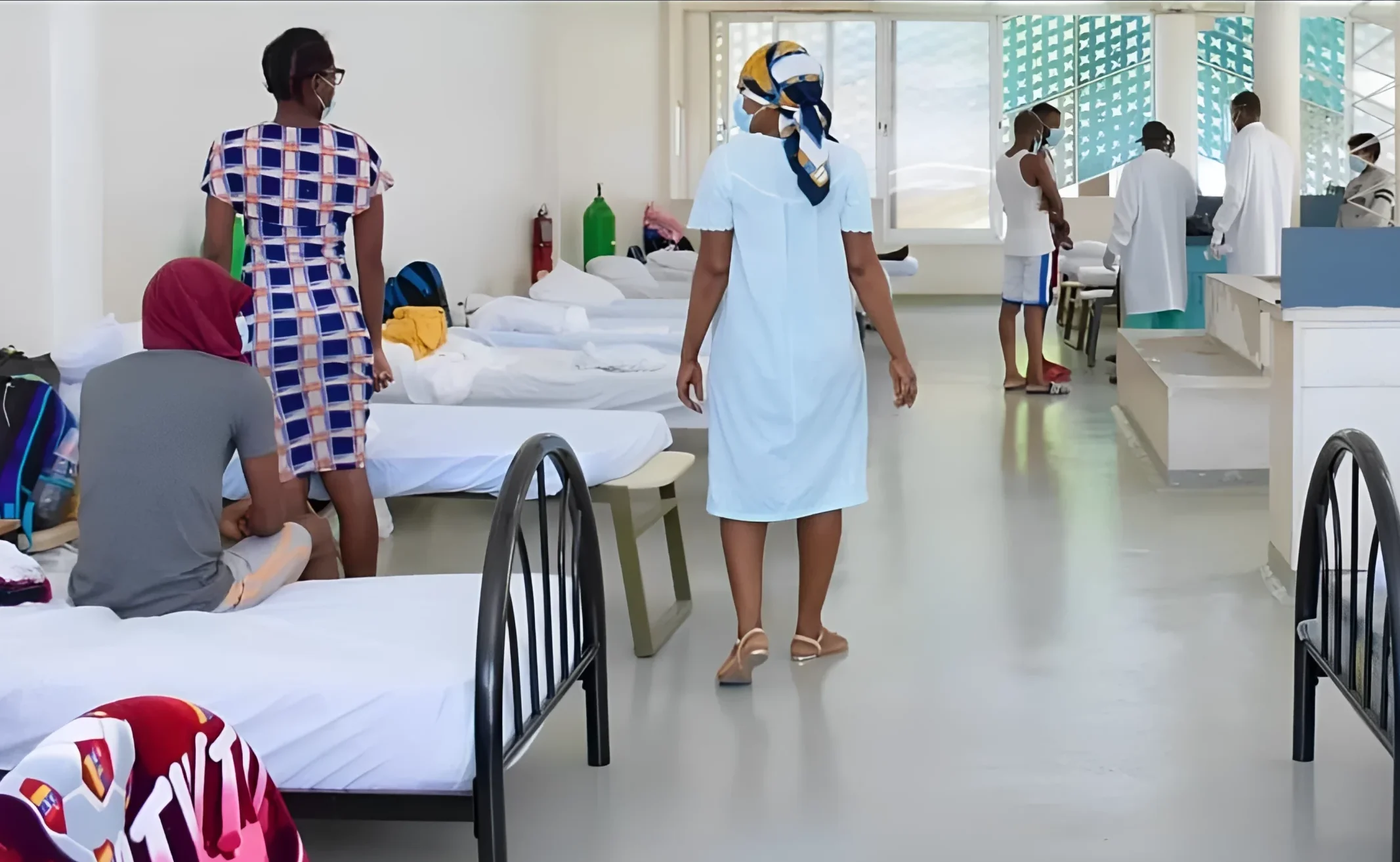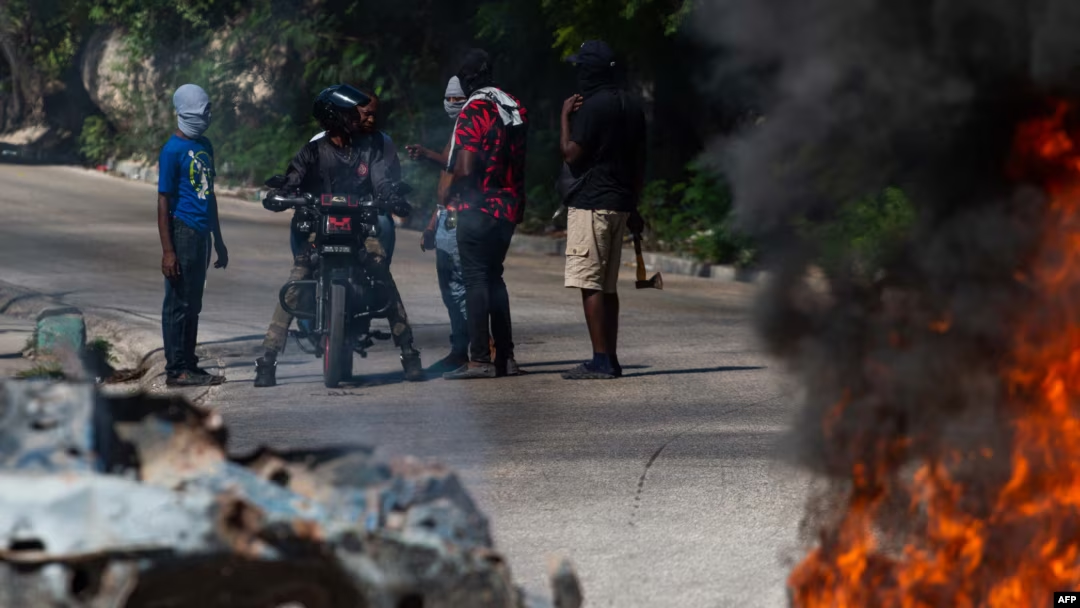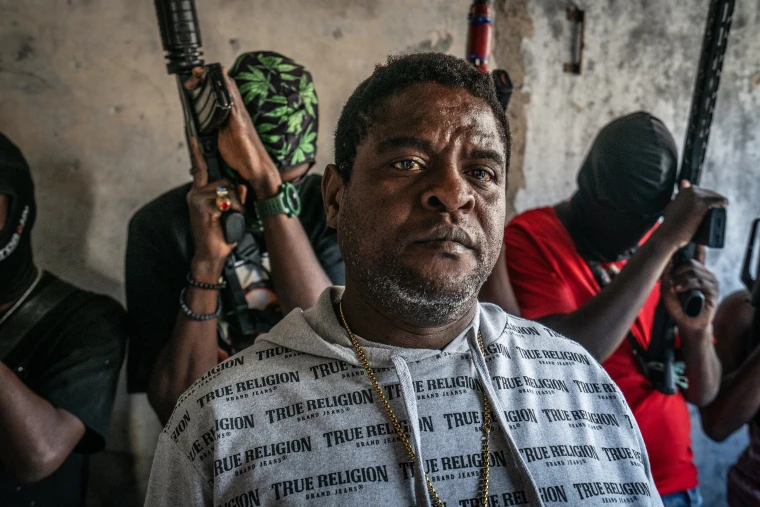Haiti, a country already grappling with political instability, economic hardship, and escalating violence, faces a critical challenge in its fight against HIV/AIDS. Amidst these struggles, Haitian authorities and global health partners are doubling down on their efforts to meet the ambitious goal of achieving zero AIDS cases by 2030. This initiative, part of the global “Ending AIDS by 2030” campaign spearheaded by UNAIDS, seeks to reduce new infections, prevent AIDS-related deaths, and eliminate discrimination.
Despite the worsening socio-political environment, Haiti’s commitment to addressing HIV/AIDS reflects both its resilience and recognition of the importance of health equity. With creative interventions, international partnerships, and unwavering dedication, the nation is working to maintain and expand access to HIV prevention and treatment.
Haiti’s HIV/AIDS Landscape
Haiti has one of the highest HIV prevalence rates in the Caribbean, with approximately 150,000 people living with HIV according to UNAIDS. While significant progress has been made over the past two decades, including a marked reduction in new infections and AIDS-related deaths, the challenges remain daunting. The country’s fragile healthcare system is further strained by the ongoing violence, making it difficult to deliver consistent care and medication to vulnerable populations.
Achievements and Challenges
- Progress Made: Over the years, Haiti has expanded access to antiretroviral therapy (ART), increased awareness through education campaigns, and improved HIV testing rates.
- Challenges: Escalating violence, displacement, and a lack of resources pose significant hurdles. Many healthcare facilities have been forced to close or reduce services due to insecurity.
HIV Prevention in the Face of Violence
The rise in gang violence and political unrest in Haiti has made healthcare delivery more complex. Unsafe roads, targeted attacks on medical personnel, and the destruction of infrastructure are hindering access to care. Despite these challenges, innovative solutions are emerging to ensure continuity of services.
Community-Based Interventions
- Mobile Clinics: Mobile health units are being deployed to bring services to areas where fixed facilities are inaccessible.
- Peer Educators: Trained individuals within communities are helping to disseminate information, distribute preventive tools like condoms, and encourage HIV testing.
Targeting Vulnerable Populations
Key populations such as sex workers, men who have sex with men (MSM), and displaced individuals face a heightened risk of HIV infection. Outreach programs tailored to these groups focus on harm reduction, education, and stigma reduction.
Strengthening HIV Care in Haiti
To combat AIDS effectively, it is vital to ensure that those living with HIV have uninterrupted access to treatment. Antiretroviral therapy (ART) not only improves the health of individuals but also reduces the likelihood of transmission.
Decentralized Care Models
Given the mobility challenges posed by violence, Haiti is increasingly adopting decentralized care models. These involve:
- Distributing ART through community-based organizations.
- Allowing longer intervals between medication refills to reduce the frequency of clinic visits.
Innovative Technologies
Haiti is leveraging technology to improve care delivery:
- Telehealth: Remote consultations provide an alternative for patients unable to travel to clinics.
- Electronic Medical Records: Digital tools are being used to track patient progress and ensure continuity of care, even when physical files are inaccessible.
International Partnerships and Support
Haiti’s progress against HIV/AIDS would not have been possible without substantial international assistance. Organizations like PEPFAR (President’s Emergency Plan for AIDS Relief), the Global Fund, and UNAIDS have played a pivotal role in providing financial resources, technical expertise, and capacity-building.
PEPFAR’s Role
PEPFAR, which has been a cornerstone of global HIV/AIDS relief efforts, continues to support Haiti by funding prevention and treatment programs. It also works closely with the Haitian government to develop sustainable healthcare systems.
The Role of NGOs
Non-governmental organizations (NGOs) are critical in delivering services to marginalized populations. Groups like Partners In Health (PIH) and GHESKIO (Groupe Haïtien d’Étude du Sarcome de Kaposi et des Infections Opportunistes) have been instrumental in implementing community-based care models.
Addressing Stigma and Discrimination
One of the most significant barriers to combating HIV/AIDS in Haiti is the stigma surrounding the disease. Discrimination discourages individuals from seeking testing and treatment, perpetuating the cycle of infection.
Educational Campaigns
Public awareness campaigns aimed at dispelling myths and educating the populace about HIV transmission and treatment are crucial. Programs that emphasize the scientific reality of HIV and highlight the stories of individuals living successfully with the virus help to normalize the conversation.
Empowering Key Populations
Efforts to empower vulnerable groups through education, legal protection, and access to care are essential. Advocacy organizations are working to ensure that key populations have a voice in shaping policies that affect them.
The Role of Youth in Ending AIDS
Young people are at the heart of Haiti’s strategy to end AIDS by 2030. By educating youth about safe practices, promoting regular testing, and providing access to prevention tools like pre-exposure prophylaxis (PrEP), the country is aiming to curb the spread of the virus among this demographic.
School-Based Programs
Schools serve as a critical platform for HIV education. Programs focusing on sexual health, the importance of consent, and the use of protection are being implemented in collaboration with educators and health professionals.
Youth-Led Initiatives
Young leaders are driving change through peer-led workshops and social media campaigns that resonate with their peers. These initiatives emphasize the importance of testing, open dialogue, and breaking down stigma.
The Path to 2030: What Needs to Be Done
Achieving zero AIDS cases by 2030 requires a multi-faceted approach that addresses healthcare access, prevention, treatment, and societal attitudes. Haiti’s path forward must include:
1. Improved Security
Addressing the root causes of violence and ensuring the safety of healthcare workers and facilities are critical to maintaining and expanding access to HIV care.
2. Enhanced Funding
While international aid is essential, sustainable financing models that include government investment and private sector involvement are needed.
3. Community Engagement
Grassroots participation is key. Local communities must be empowered to take ownership of HIV prevention and care initiatives.
4. Strengthened Healthcare Systems
Building resilient healthcare systems capable of withstanding disruptions is essential. This includes training healthcare workers, investing in infrastructure, and ensuring a steady supply of medications.
A Message of Hope
Despite the challenges, Haiti’s commitment to ending AIDS by 2030 remains steadfast. The determination of its healthcare workers, the resilience of its communities, and the support of global partners serve as a testament to the country’s resolve. While the road ahead is fraught with difficulties, the vision of a Haiti free from AIDS is one that inspires hope and demands collective action.
By safeguarding access to HIV care and prevention, addressing stigma, and fostering a culture of inclusivity, Haiti is taking meaningful steps toward a future where AIDS is no longer a public health threat. As the world watches, the Haitian people are proving that even in the face of adversity, progress is possible.




